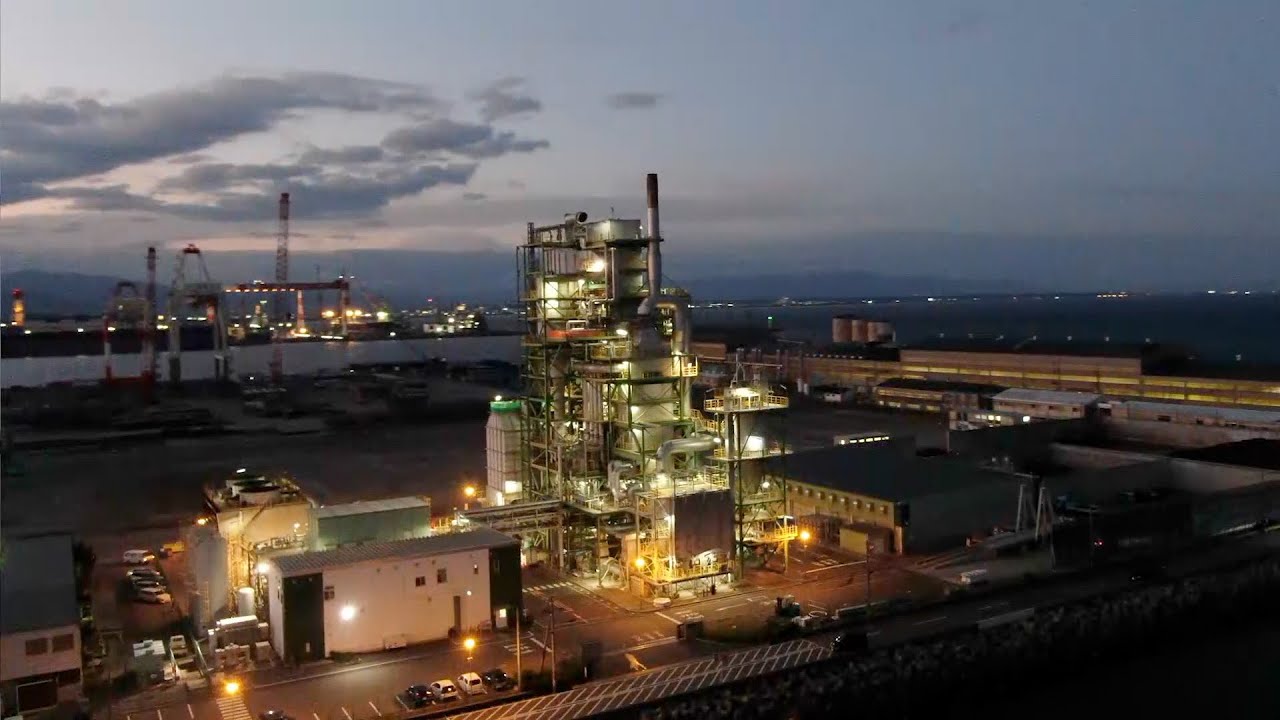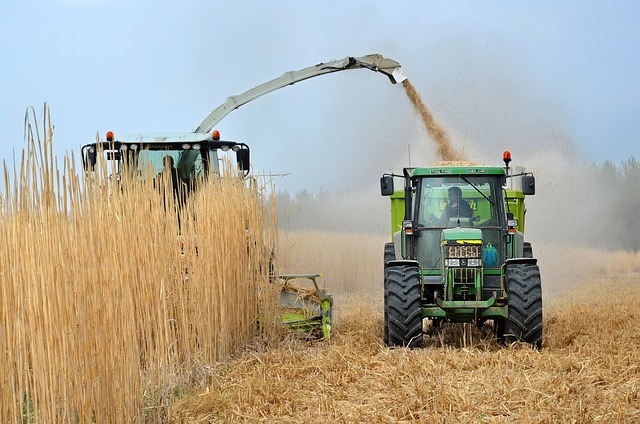


PRINCIPALS ONLY(.... with a REAL PROJECT:
(... Save 50% ( OFF your Success Fee(...
I NEVER WENT "BANKRUPT", By TAKING a PROFIT
OR "SAVING MONEY"!
(... Save 50% ( OFF your Success Fee(...
I NEVER WENT "BANKRUPT", By TAKING a PROFIT
OR "SAVING MONEY"!
(MEGA LOAN
Submission )
Submission )

NEW PHONE(...1-870-309-1652 *****
What Lender_Needs
CAPITAL RAISE
AFLINC will offer funding for waste management projects (.....worldwide!
Waste-to-energy (WtE) or energy-from-waste (EfW) is the process of creating energy in the form of electricity or heat from the incineration of waste source. Most WtE processes produce electricity directly through combustion, or produce a combustible fuel commodity, such as methane, methanol, ethanol or synthetic fuels.
Incineration is the most common WtE implementation. Modern incinerators reduce the volume of the original waste by 95-96% and according to the New York Times, modern incineration plants are so clean that "many times more dioxin is now released from home fireplaces and backyard barbecues than from incineration. "
Waste-to-Energy Technologies
• Combustion/ incineration
• Gasification
• Thermal depolymerization
• Pyrolysis
• Plasma arc gasification or plasma gasification process
• Anaerobic digestion
• Fermentation production
• Mechanical biological treatment (MBT)
Get Your Biomass Project Funded!
What is biomass and how does it work? Project Range: $7M-$500M+
Biomass, as a renewable energy source, is derived from five distinct energy sources: garbage, wood, waste, landfill gases, and alcohol fuels. As an energy source, biomass can either be used directly, or converted into other energy products such as biofuel and electricity.
Biomass is plant matter used to generate electricity with steam turbines & gasifiers or produce heat, usually by direct combustion. Examples include forest residues, yard clippings, wood chips and even municipal solid waste. It also includes plant or animal matter that can be converted into fibers or other industrial chemicals, including biofuels.
Waste-to-energy (WtE) or energy-from-waste (EfW) is the process of creating energy in the form of electricity or heat from the incineration of waste source. Most WtE processes produce electricity directly through combustion, or produce a combustible fuel commodity, such as methane, methanol, ethanol or synthetic fuels.
Incineration is the most common WtE implementation. Modern incinerators reduce the volume of the original waste by 95-96% and according to the New York Times, modern incineration plants are so clean that "many times more dioxin is now released from home fireplaces and backyard barbecues than from incineration. "
Waste-to-Energy Technologies
• Combustion/ incineration
• Gasification
• Thermal depolymerization
• Pyrolysis
• Plasma arc gasification or plasma gasification process
• Anaerobic digestion
• Fermentation production
• Mechanical biological treatment (MBT)
Get Your Biomass Project Funded!
What is biomass and how does it work? Project Range: $7M-$500M+
Biomass, as a renewable energy source, is derived from five distinct energy sources: garbage, wood, waste, landfill gases, and alcohol fuels. As an energy source, biomass can either be used directly, or converted into other energy products such as biofuel and electricity.
Biomass is plant matter used to generate electricity with steam turbines & gasifiers or produce heat, usually by direct combustion. Examples include forest residues, yard clippings, wood chips and even municipal solid waste. It also includes plant or animal matter that can be converted into fibers or other industrial chemicals, including biofuels.


Principals
MARK TWAIN Said (..
I Never Let School Interfere with My education!
I Never Let School Interfere with My education!

Min $10 MILLION --
$50 BILLION +
$50 BILLION +
Phone: & OR
News-Letter Sign-Up
News-Letter Sign-Up

NEW PHONE(...1-870-309-1652


Biomass Energy projects!


























































































































































































































